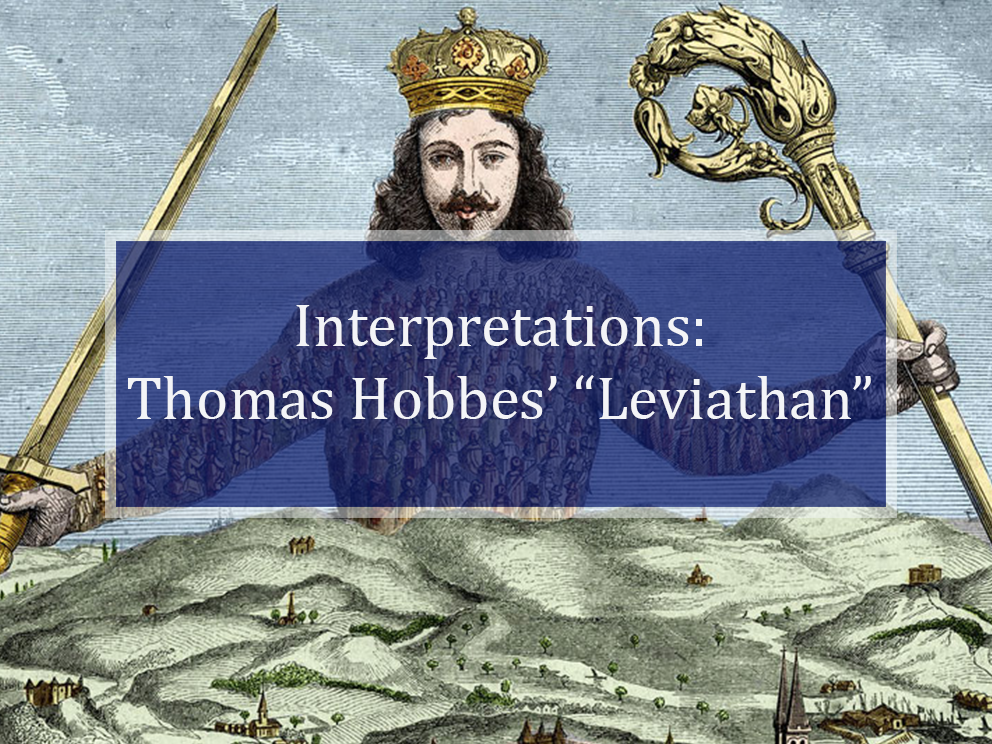HUMS 296: Thomas Hobbes’ “Leviathan”

This seminar examines the political thought of Thomas Hobbes. Hobbes theorized the unlimited sovereign authority of the modern state. At the same time, Hobbes never wavered in identifying individual liberty as the ultimate source of sovereign authority. By deriving absolute sovereignty from individual liberty through the mechanism of the covenant, Hobbes inaugurated the tradition of liberalism in political thought. Hobbes was a liberal absolutist or an absolutist liberal. Can we make sense of this strange combination? Does the modern state still embody such tensions? Our text is Leviathan in its entirety. After finishing Leviathan, we turn, at the end of the semester, to Hobbes’ students, heirs, and critics in the twentieth century: Hannah Arendt, C.B. Macpherson, Carl Schmitt, James Scott, Quentin Skinner, and Leo Strauss.
Instructor: Daniel Schillinger